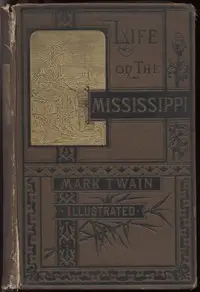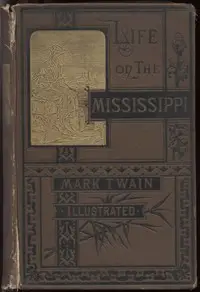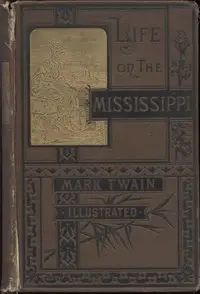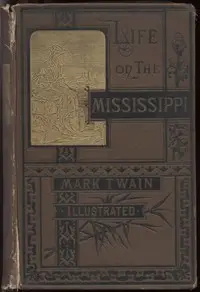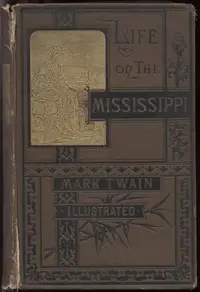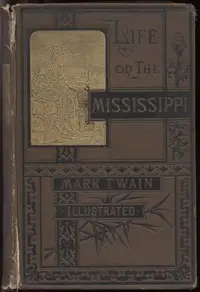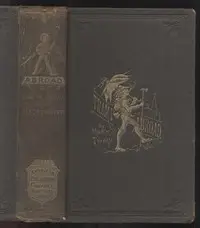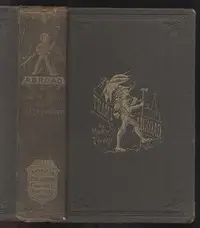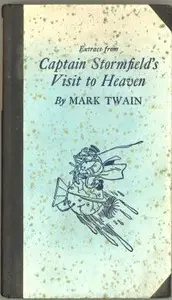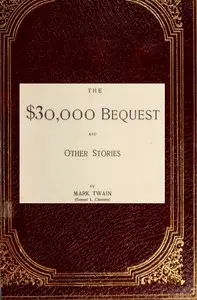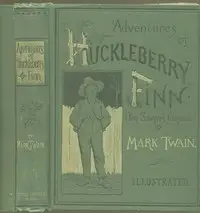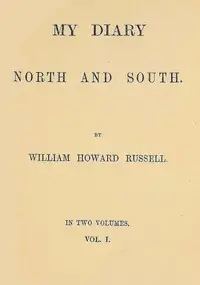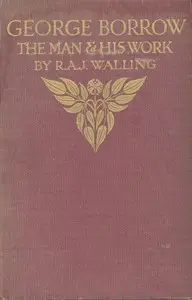"Life on the Mississippi, Part 1" by Mark Twain, recounts the story of the Mississippi River through historical events and personal experiences. It vividly paints a picture of the river's importance to America, detailing early explorations by figures like Hernando de Soto and Marquette, and the subsequent transformation of river travel with the rise of steamboats. It observes the river's impact on American culture, economy, and the lives of those living along its banks. Twain weaves together historical facts with personal anecdotes, emphasizing the river's powerful influence on the dreams and ambitions of individuals, including his own longing to become a steamboat pilot, capturing the spirit of adventure and the unique challenges of life on the Mississippi during the late 19th century.
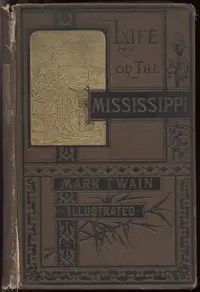
Life on the Mississippi, Part 1.
By Mark Twain
Explore the grand Mississippi River with historical encounters, steamboats, and a young boy's ambitions, capturing the river's impact on a nation.
Summary
About the AuthorSamuel Langhorne Clemens, known by the pen name Mark Twain, was an American writer, humorist, and essayist. He was praised as the "greatest humorist the United States has produced," with William Faulkner calling him "the father of American literature." Twain's novels include The Adventures of Tom Sawyer (1876) and its sequel, Adventures of Huckleberry Finn (1884), with the latter often called the "Great American Novel." He also wrote A Connecticut Yankee in King Arthur's Court (1889) and Pudd'nhead Wilson (1894) and cowrote The Gilded Age: A Tale of Today (1873) with Charles Dudley Warner.
Samuel Langhorne Clemens, known by the pen name Mark Twain, was an American writer, humorist, and essayist. He was praised as the "greatest humorist the United States has produced," with William Faulkner calling him "the father of American literature." Twain's novels include The Adventures of Tom Sawyer (1876) and its sequel, Adventures of Huckleberry Finn (1884), with the latter often called the "Great American Novel." He also wrote A Connecticut Yankee in King Arthur's Court (1889) and Pudd'nhead Wilson (1894) and cowrote The Gilded Age: A Tale of Today (1873) with Charles Dudley Warner.

